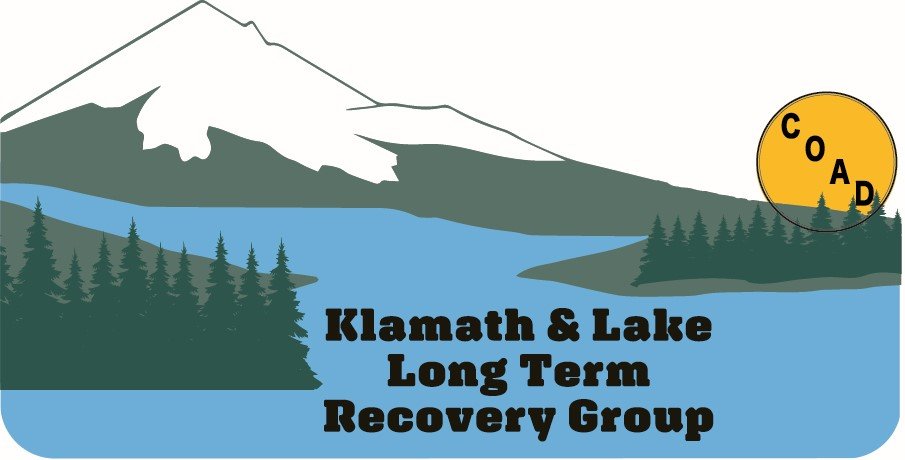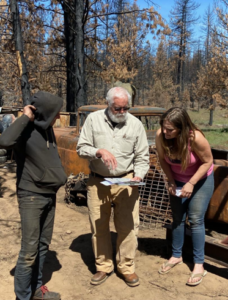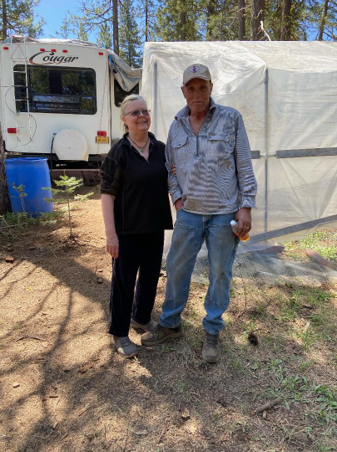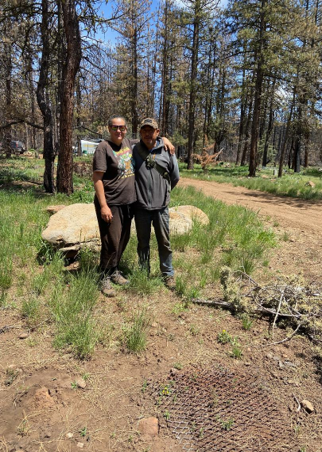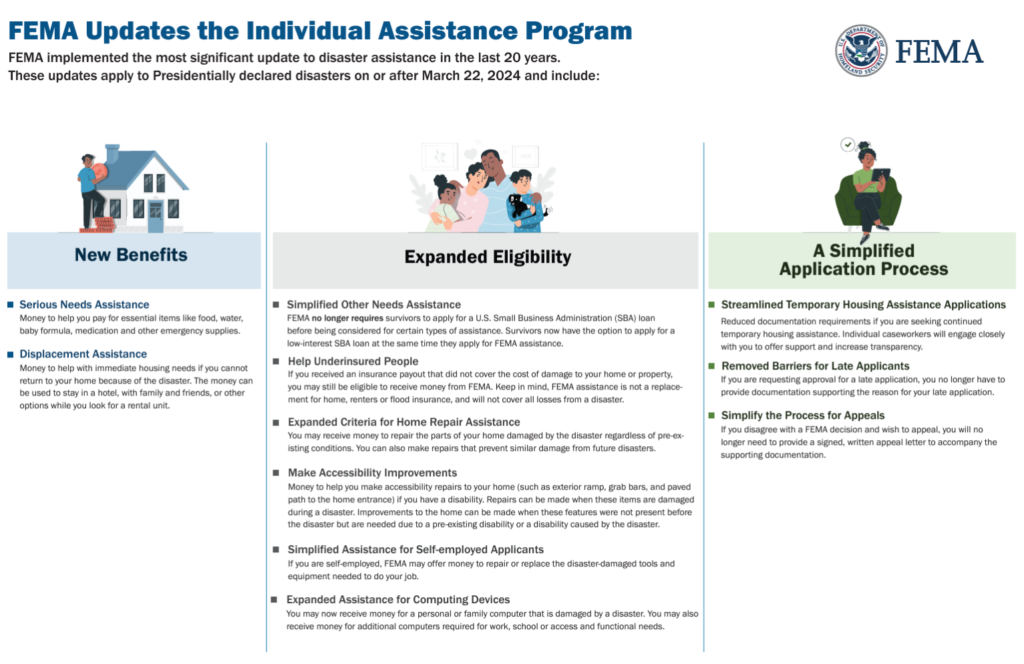The Klamath and Lake Long-Term Recovery Group (KLLTRG) has emerged as a beacon of hope and resilience for communities in Klamath and Lake counties affected by disasters. From devastating wildfires to extensive flooding, many residents face the daunting task of rebuilding their lives, often with limited resources and support. KLLTRG steps in to bridge these gaps, offering essential resources, guidance, and emotional support to those in need.
Founded in response to recurring natural disasters, KLLTRG is a Klamath-based nonprofit that focuses on helping community members recover and thrive long-term. Through a dedicated team led by Executive Director Michelle Crane, the organization provides streamlined access to vital resources, such as housing assistance, financial aid, and crisis counseling. Their mission is clear: to empower the community not only to recover but to become more resilient against future disasters.
“We’re geared toward disaster resilience,” said Crane, a driving force behind the organization’s success. “We want our community to thrive because if it’s not thriving, it’s not prepared.”
KLLTRG’s efforts extend beyond immediate relief. They work collaboratively with local agencies, businesses, and volunteers to create sustainable recovery programs that address both short-term and long-term needs. The group’s comprehensive approach ensures that each family or individual impacted by disaster is supported through every stage of the recovery process, from securing shelter to navigating the complex web of aid and support services.
The recent Copperfield Fire, which destroyed eight homes in Klamath County, is a stark reminder of the critical need for organizations like KLLTRG. Many affected residents, including community members like Brandon Fowler, faced the overwhelming challenge of losing their homes and navigating the aftermath. Fowler expressed gratitude for KLLTRG’s support, emphasizing the importance of community-based recovery. “This is a tremendous organization that is local for Klamath and Lake County,” Fowler noted. “They are wonderful people whose primary focus is helping those in our community affected by disasters.”
Since its inception, KLLTRG has supported over 18 households, ensuring that each family has access to shelter and support during their rebuilding journey. Crane’s vision is to see KLLTRG grow in both scope and reach, allowing them to assist more families and strengthen the community’s resilience to future challenges.
KLLTRG encourages community members to stay informed about their efforts and spread the word about their services. “The more people know about KLLTRG,” Crane says, “the more support and readily available resources our nonprofit and community will have.”
As KLLTRG continues to champion recovery and resilience across Klamath and Lake counties, they invite local residents to get involved, support their mission, and be a part of a collective journey toward a stronger, more prepared community. For more information on KLLTRG’s work and how to support them, visit their website at KLLTRG.org.
